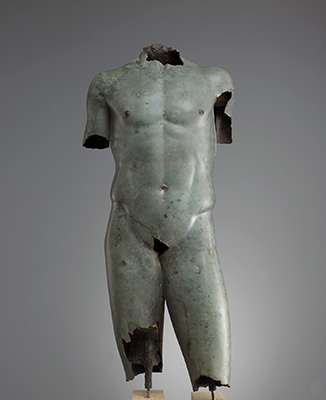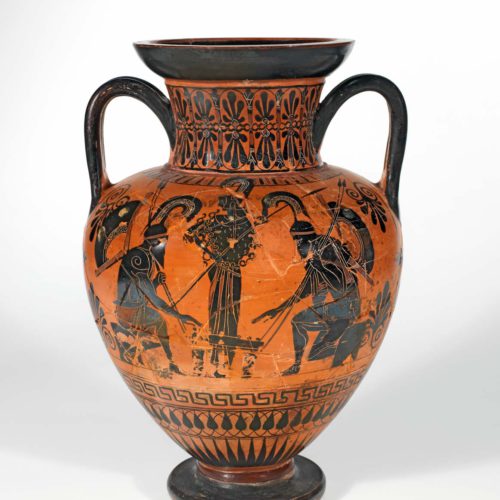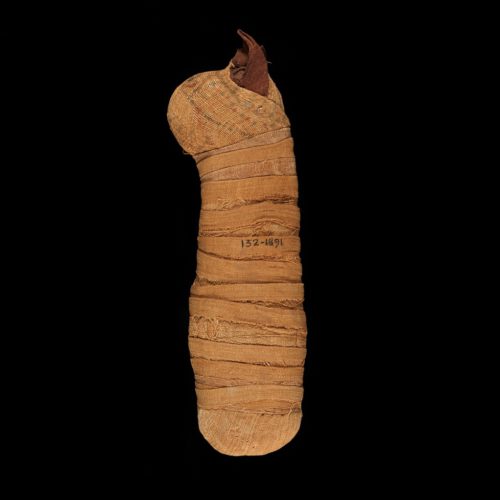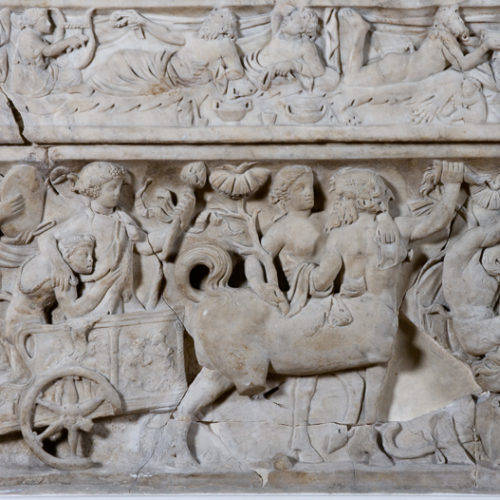Teaching activities: videos, activity ideas and information about objects
Introduction
Immerse yourself in the world of Greek mythology: find out about a selection of ancient Greek myths and mythological characters depicted on Museum objects.
Learn how myths impacted everyday lives and beliefs in Ancient Greece, and how these are still sources of inspiration for artists, musicians and readers today.
Prompt questions
- Are Ancient Greek myths and Ancient Greek history the same thing? What are the similarities and differences?
- Why were myths so important? How did they link to everyday life in Ancient Greece, and did they have a use?
- Can you think of any characters in stories that are similar to those in the Greek myths you have heard? What about someone who won’t listen to advice – or a villain who thinks they cannot be beaten?
Activity prompts
- Listen or read one of the myths, who do you think is the hero or villain? Can you explain why?
- Try telling the story from another point of view, so that the hero seems like the villain and the villain seems like the hero.
- Ancient Greeks used art to help them retell and remember stories. After listening to the myth, draw the most important parts of the story; now try retelling the myth to someone else using your drawings.
- Nearly all Greek heroes faced impossible tasks and challenges. Write a diary entry for one of them to describe how they might be feeling.
- For centuries people have imagined what mythological characters and creatures looked liked from the stories they heard. From their descriptions, draw or describe what you think the Sirens, Hades or even Medusa looked like.
- Make your own stop frame animation to retell your favourite ancient Greek Myth.
Notes for teachers
We have many incredible ancient Greek artefacts at the Fitzwilliam Museum. Although acquisition practice has improved significantly, some objects were removed from their contexts in ways that we might now find to be inappropriate.
For example, the large caryatid from the temple of Demeter (pictured above) was removed from Eleusis in Greece in 1801, even though the local people still used it. What do your class think about this?



